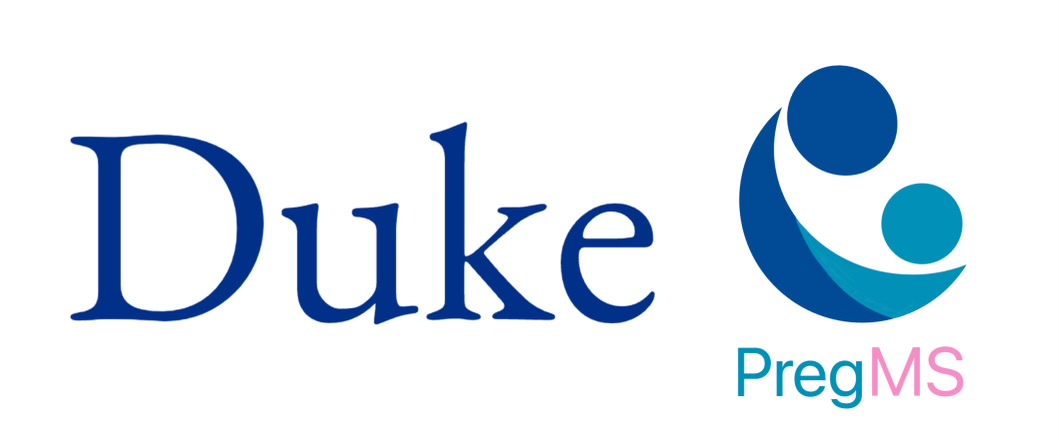The risk of relapses decreases during the third trimester of pregnancy, but this risk increases postpartum (mainly in the 3 months after delivery). About 25% of patients will experience a postpartum relapse, but the overall combined risk of relapse in the intrapartum (9 months) and postpartum period (3 months) is the same as for patients who are not pregnant (Dobson 2019).
There is compelling evidence that MS does not affect fertility and patients should be on contraception if not planning for pregnancy. Certain medications used to increase fertility can increase your risk of relapse, but this should not prevent you from seeking out assistive reproductive technologies if needed. In fact, some challenges that patients with MS experience may be due to waiting to start trying to conceive, and not because of the effect of MS itself on fertility (Graham 2024).
MS is not passed down from generation to generation, but you are more likely to have MS if someone in your family has MS. Overall, the risk of the child of a patient with MS also developing it is around 2 to 3 in 100 (Up To Date).
No extra scans are needed unless new neurologic symptoms arise. MRIs can be obtained in pregnancy if clinically indicated, but gadolinium contrast is not recommended (Committee of Obstetric Practice 2017).
No, except in cases of significant disability. A C-section will not affect your risk of relapse (Pastò 2012).

